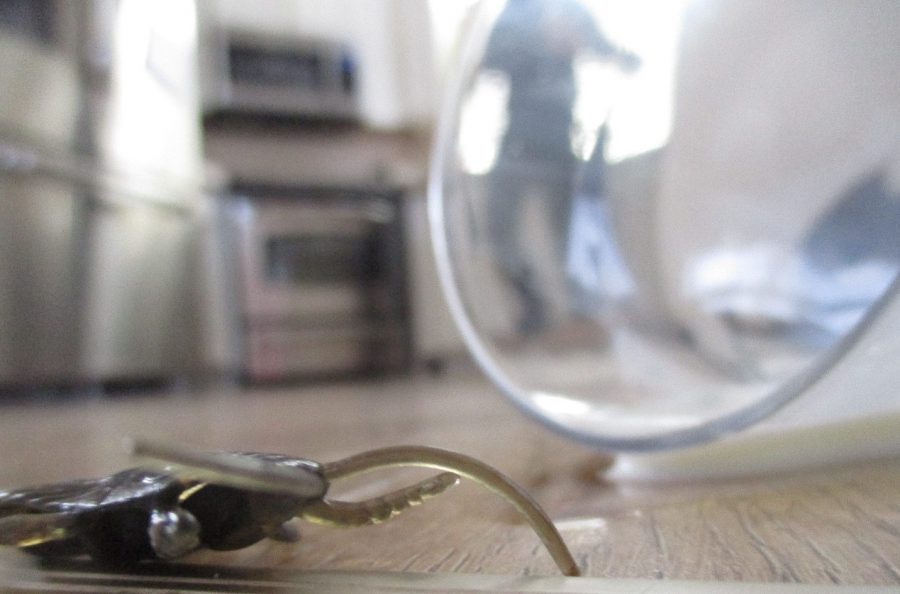Could Cockroach Milk Crawl into Stores
January 15, 2020
Many hear ‘cockroach milk’ and be confused by it, but it may be the next step towards perfecting commercialized pasture farming.
Cockroach milk is a new, nutrient rich, substance that is produced by a certain type of cockroach. This roach milk is even more nutritious than regular cow or goat milk and could eventually replace both.
Cockroach milk was first studied by professor Barbara Stay at the University of Iowa. The Cougar Claw talked with Stay and learned that it all started by her colleagues tasking her with researching the South Pacific Cockroach Beetle and how its offspring develop. This roach lays its eggs first, then later takes them back into its body. When the mother beetle lays again the embryos come out more developed than before. Professor Stay found that replacing the eggs with filter paper that the embryos are fed a “milk” that the mother cockroach produces.
After Professor Stay’s research, scientists at the Institute for Stem Cell Biology and Regenerative Medicine in Bangalore, India, did more research into the nutritional value of the milk. According to the research paper published on IUCrJ, the substance holds three times the energy value of buffalo milk, packed with enough protein to be considered its own meal, because of this it has been dubbed a super food. When enough was gathered a brave scientist noted that the milk had no flavor after sampling it, making it a viable replacement for standard milk in cooking and dairy products.
Commercializing cockroach milk would not only revolutionize the farming industry, but it would have a significant global impact in both climate and economy. With pasture farming in the eastern half of the United States taking up over 53,125 square miles, or about nine Connecticut’s, while also contributing to the 14.5% of global carbon emissions produced by cattle, 41% of which belonged solely to bovine cattle, standard pasture farming needs drastic change in order to remain a sustainable practice. Professor Stay mentioned that while not yet ready for commercialization, it could be possible to create a less resource dependent alternative through this substance.
The Cougar Claw got the public opinion on cockroach milk with surprising results. One out of every seven people are not willing to try the roach milk while the other six either hesitantly or wholeheartedly are awaiting the progress into mainstream diets.
Even with the nutrient boost and possible effects on climate change, some are put off by the idea of them or their family drinking cockroach milk.
Sergeant Rickards stated, “An innovative solution to such a pressing issue should be considered, but I don’t know if I would have the stomach for it myself.” For cockroach milk to be truly integrated into the public diet.
While cockroach milk may not be a commercialized product of the present, it could very well be a common household ingredient in the future due to the benefits it provides and the low cost of producing the substance. Cockroach milk may still not be considered as a viable alternative and will sound strange to the common citizen, but it just might be what you drink in the next couple of decades or so.

